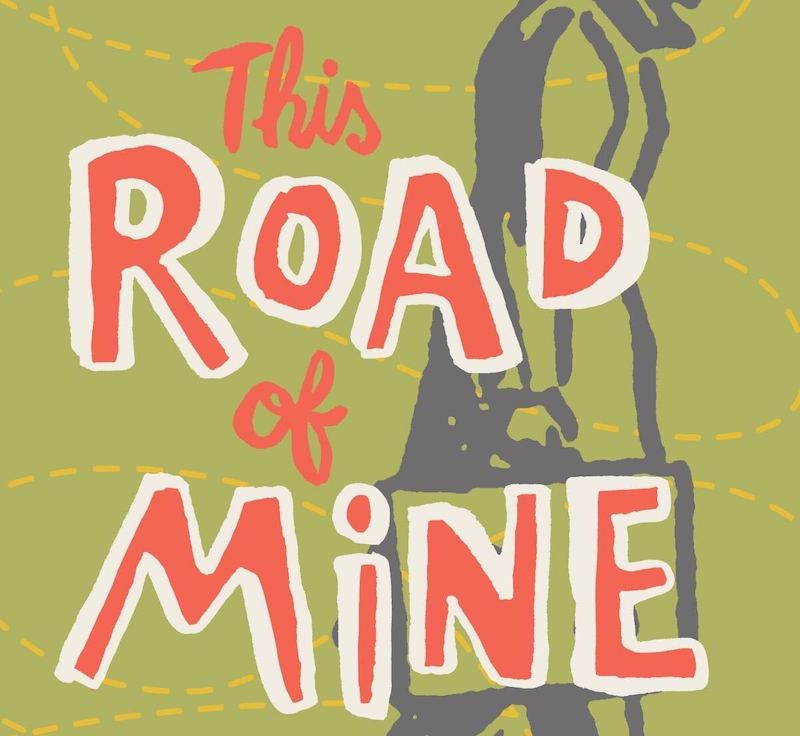
After having been squeezed through the meat-grinder of the leaving certificate curriculum, it’s unsurprising that many students arrive in college with a fear of the Irish language. What should be a tool for communication and expression, is presented in school as a rigid formula of verb tenses, an irregular case system and a few bewildering examples of poetry.
In the wake of this experience, most choose to leave the language behind them. Combined with an ever-declining native readership, Irish-language literature struggles to attract widespread popularity, and great works tend to attract more dust than admirers.
In recent years, however, a remediation has begun. Translators have taken on the duty of introducing the classics of a neglected tongue to a new generation of readers. From hugely important anthologies such as Leabhar na hAthghabhála / Poems of Repossession, to Alan Titley’s colloquial renditions of the works Máirtín Ó Cadhain, and poet and essayist Doireann Ní Ghríofa’s intimate auto-fictional exploration of Caoineadh Airt Uí Laoghaire, a concerted effort has been made to bring these forgotten books to the attention of the English-speaking literary world.
The most recent product of this interlingual flurry is This Road of Mine, the first-ever published translation of Seosamh Mac Grianna’s idiosyncratic quasi-autobiography Mo Bhealach Féin, which charts the narrator’s ramblings around Britain and Ireland. Considered to be one of the finest examples of writing in the Ulster dialect, the text has long been a prominent feature on university Irish courses north of the border, but is often shunned by southern Irish-speakers in favour of authors from other regions.
Speaking to The University Times, translator Mícheál Ó hAodha voices a strong preference for the more direct language of the Donegal writer over what he jokingly refers to as the “flowery misery literature” produced by the likes of Peig Sayers and Tomás Ó Criomhthain. He doesn’t want to be seen to dismiss or criticise these works however, and asserts that both they and This Road of Mine offer “a hugely important social insight” into the Ireland of their time.
Ó hAodha argues for the importance of Mac Grianna, saying that he fused “modernism and the folk story […] he was the first writer in Irish to address big questions such as what is the nature of truth, the nature of work – he’s the first person to talk about these things”. He also highlights the contemporary relevance of This Road of Mine, dealing as it does with mental health, the relationship between Ireland and its nearest neighbour, and the wider legacy of the British Empire.
When our conversation turns to translation of Irish language literature more broadly, Ó hAodha acknowledges that in the past “money was a key factor. People were thinking: ‘Oh, the yanks will love this’”. He feels this is the reason why socially radical works such as Mo Bhealach Féin were overlooked in favour of more traditional writing that dealt primarily with the hardships of rural life.
When asked about the challenge of translating Mac Grianna’s work into English, Ó hAodha confesses that there were a few occasions – “maybe once or twice” – where dialectical differences were an issue, but that he quickly resolved this “by phoning someone from Donegal”.
Optimistically, he mentions that he and his publisher, Lilliput Press, have been in touch with people overseas about the possibility of producing translations in additional languages. Ó hAodha says he hopes that this edition will “help spread the work of Mac Grianna internationally” and that both he and Lilliput Press are feeling confident that This Road of Mine will prove a success.
The recently translated novel by Seosamh Mac Grianna is available to purchase on the Lilliput Press website.






